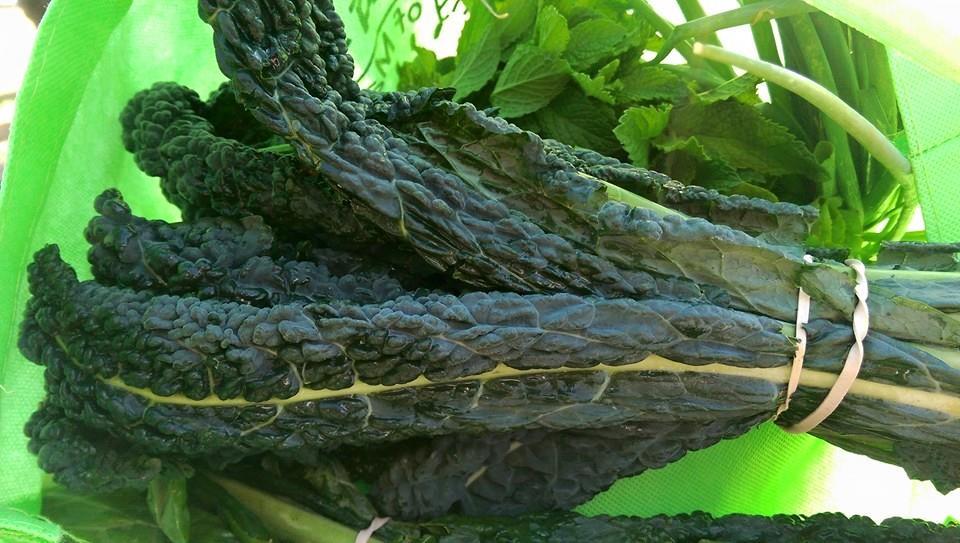
The U.S. government has long encouraged Americans to eat more of many things—depending, of course, on who is in power and which lobbying groups have had the timeliest influence in Washington, DC. We have been lectured about the square meal and the food pyramid, often with dubious results, most notably in the country’s disturbing obesity rates. But to the government’s credit, some programs have found success, such as the “5 a Day” campaign to boost the consumption of fresh fruits and vegetables in our diet.
The emphasis on fresh food, however, has had its own pitfalls. E. coli outbreaks affecting fresh produce have become an annual occurrence, most recently with the recent closure of Chipotle outlets in the Pacific Northwest. The evidence suggests Americans are eating more fresh produce, but much of it is in the form of packaged vegetables, especially salad greens, to which consumers gravitate because of convenience and clever marketing. But the more that bunch of chopped arugula passes through more hands, as in from farm to packing plant to its cellophane packaging and finally, to supermarket shelves, the greater the odds are that something can go wrong.
To that end, the U.S. Food and Drug Administration (FDA), the federal government agency tasked with food inspection but in recent years has avoided much of it thanks to politics, is taking more aggressive action in order to prevent these foodborne illnesses that have turned many a benign meal into a public health threat.
The FDA is trying to address this problem of contaminated produce by enacting final steps in the implementation of the Food Safety Modernization Act of 2011. The agency has developed new rules that third-party auditors must follow when conducting food safety inspections of facilities outside of the U.S. Rules on produce safety also give growers and food processors more clarity on what is needed to guarantee the safety of fresh produce, from employee hygiene to water quality. Some of these rules cover what many of us would assume would be common sense—as in how close domesticated and wild animals can come in contact with produce grown on farms.
In sum, instead of the FDA waiting for a widespread illness to wreak havoc, these new rules behoove farmers, food producers and packing houses to take action and prevent such outbreaks of E. coli and salmonella from occurring in the first place. The FDA says it has arrived at these rules after a long public comment period during which hundreds of farm visits, public meetings and “listening sessions” were organized.
Whether this will all make a difference remains to be seen. After all, the final execution and enforcement of these rules are subject to the 2016 federal budget. Can food safety survive the quadrennial presidential election cycle in order to make a difference and ensure citizens that the fresh products they buy are safe? Or will more people continue to become ill, or even die, from illnesses that could have easily been prevented by a combination of common sense and timely inspections?
Image credit: Leon Kaye

Leon Kaye has written for 3p since 2010 and become executive editor in 2018. His previous work includes writing for the Guardian as well as other online and print publications. In addition, he's worked in sales executive roles within technology and financial research companies, as well as for a public relations firm, for which he consulted with one of the globe’s leading sustainability initiatives. Currently living in Central California, he’s traveled to 70-plus countries and has lived and worked in South Korea, the United Arab Emirates and Uruguay.
Leon’s an alum of Fresno State, the University of Maryland, Baltimore County and the University of Southern California's Marshall Business School. He enjoys traveling abroad as well as exploring California’s Central Coast and the Sierra Nevadas.














